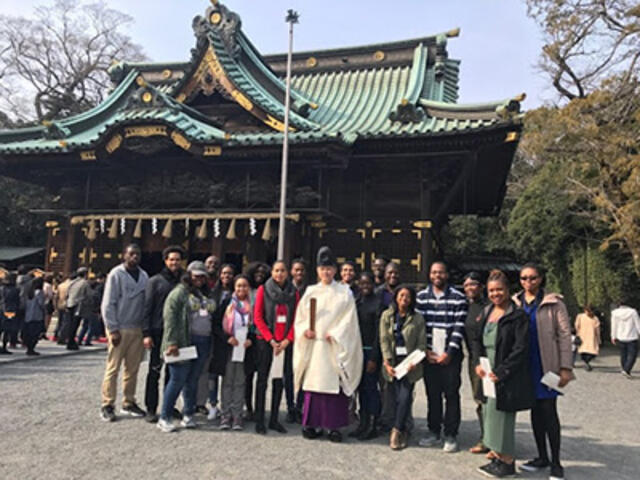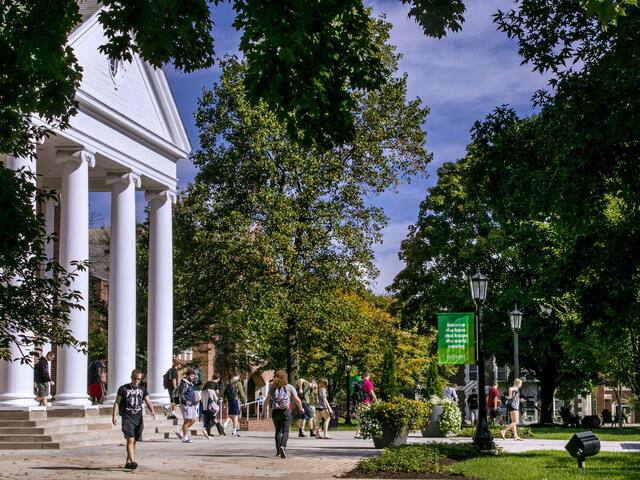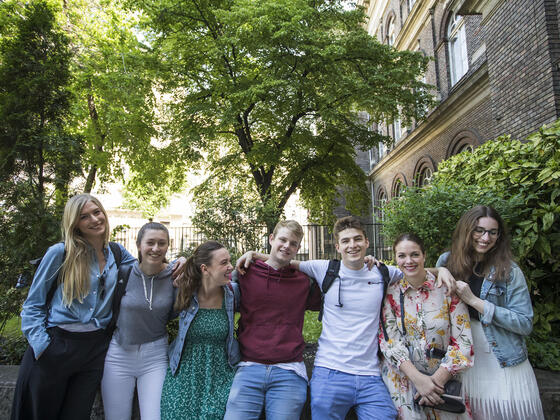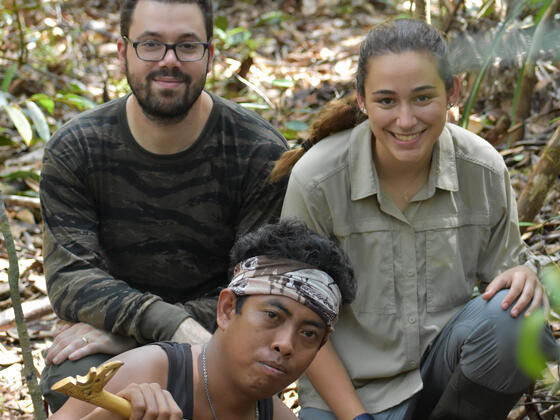Asian Studies
Want to learn Mandarin? Or spend a semester in Beijing? Or learn about Japanese art in the year 1573? Or get an in-depth understanding of Hinduism, one of the most-practiced religions in the history of the world?
Mortarboard
Degree Types
Major, Minor
Institution
Complementary Programs
Heart
Distinctive Requirements
Capstone
Document
Study Abroad
Experience cultures across Asia with short- or long-term studies
The McDaniel Commitment in Action

Senior selected by Congressional Black Caucus Foundation for first Japan exchange





